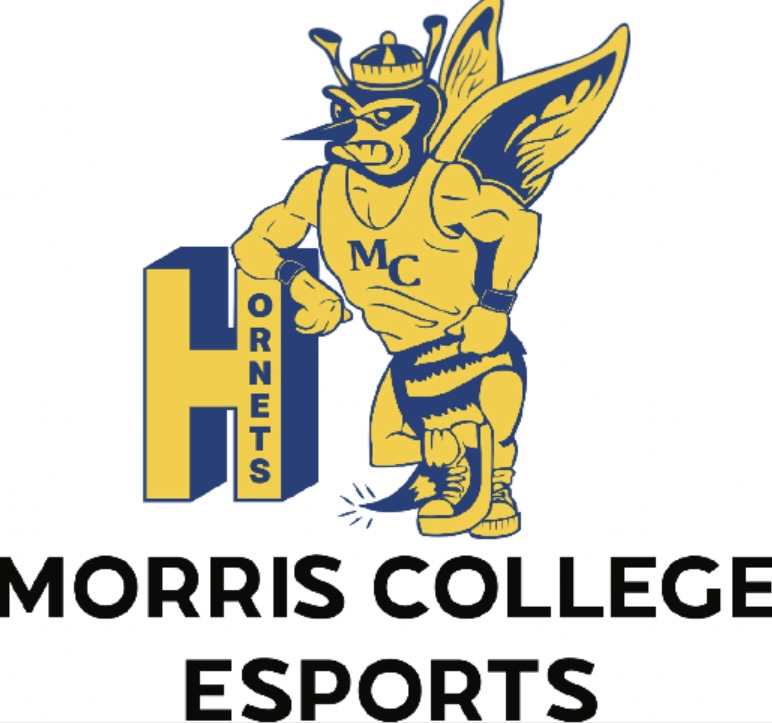Investing in a business is serious, well, especially if what we’re dealing with would be hundreds of thousands or even millions of dollars in potential capital and stocks. This might explain why you might’ve squinted at the sight of this article title.
Investments and eSports? Do the two really mix properly?
And while the video game market has been as alive as ever, the same isn’t necessarily the case with eSports, especially given its status as an extremely niche market. If you’re a gamer but want to invest in something worth the while, this might immediately discourage you out of eSports from a business perspective.
Interestingly enough, there seems to be adequate leverage on your end, leveraging on eSports as a direct investor. It appears you’ve just got to find the right approach. 
Why You Should Push To Invest In eSports:
It’s only projected to grow for the long-term.
One of the most attractive aspects of esports today is its unparalleled potential for growth, especially considering its huge market. The fact that more and more players are being enticed to play esports, participate in multiplayer games and even compete in tournaments help prospective sponsors and investors see potential in the industry. And considering how much money there is in terms of the prize pool, game development, and industry trends at large, there’s reason to believe that esports is projected to grow in the next few years. Of course, this means tapping into the market as soon as possible.
- Video games have a huge market – with players having spent around USD 152.1-billion in 2019. By the time we end the year, the market will likely grow by USD 1.5-billion every year, as per estimates. And with more than 2.5-billion gamers around the world, we’ll likely see a ton of growth across various aspects of gaming throughout the year – especially esports.

- When we say esports, we don’t just talk about PC games. Rather, we also want to talk about console and mobile gaming. Reports also state console gaming has been the fastest branch of esports to grow in 2019, with projections estimating consoles to reach USD 47.9-billion in growth. Likewise, mobile gaming – projected as 2019’s largest gaming segment – has reached around USD 68.5-billion. Even if you don’t want to immediately invest in esports on the get-go, video games in itself can be something you’d want to invest in.
Involvement and engagement make esports ripe for revenue and investments.
Esports in itself isn’t solely an industry for video game competitions. If industry trends can be indicative of anything, it’s that a huge part of the growth in esports has to do with interaction, involvement, and engagements on its stakeholders – and that kind of involvement leaves esports very attractive for investors looking for players, customers, and viewers that they can entice to subscribe, support, and avail their products and services.
- Considering that platforms like Facebook Gaming, YouTube, and Twitch are centralized, this means they constantly generate competition between newcomers and streamers, thanks to their role as intermediaries. In order to increase revenue potential, platforms like Twitch have to move away from linear “game viewing” and instead shift to more interactive forms of streaming. These include improving streaming infrastructure to allocate more options for streamers and players to interact with each other.
Esports in itself is a huge community, meaning streamers, players, devs, and publishers actively communicate with each other and engage with one another. Thanks to esports’ nature as a niche market, it’s also ripe for the development of high-income and loyal fans willing to spend top dollar to support their favorite streamers and gamers. This opens a lot of opportunities for increased prize pools, sponsorships and endorsements in hit tournaments, and support for major stakeholders at large.

- Esports holds a lot of potential, even for products, services, and brands outside the core technology and gaming niche. That’s because, as a community-inclined industry, esports can tap into various brands and vice versa for its needs. For instance, companies like Vespa, Kawasaki, and even Ducati can sponsor motorcycle gaming competitions. This applies to other industries, too.
Key players and stakeholders see potential in the long-term.
Aside from projections by think tanks and other analysts, stakeholders themselves see a lot of potential in esports as a whole. Thanks to esports’ nature as an extremely niche industry, key players and primary stakeholders tend to be close-knit and interrelated, allowing investors easier access to relevant aspects to esports without being confused with how they are all connected in terms of investor interest, and how they can drive revenue growth.
- In 2018 alone, it’s been predicted that sponsorships and advertising will be driving revenue growth for esports in the years to come. A lot of this comes from stakeholders in the industry, including tournament brands, personalities, and teams. And thanks to the attention put in reach, brand awareness, and attention, a lot of room has been created for sponsorships and advertising to create revenue for the industry.
Thanks to the straightforward nature of esports (e.g., competing in tournaments, reliance on streaming services and features), many outside brands can find it much easier to enter the esports space thanks to endorsements and sponsorships. This means if a brand you trust has invested in esports, even if it doesn’t necessarily have products and services in the industry, you may want to consider pitching in to check how it can perform as another player in the industry.
More funds have just gotten tied up with esports, specifically.
If you’re one to invest in actual funds, you don’t have to scour the market to find companies and developers “remotely” related to videogames to support esports. If you believe in the potential of esports and want to invest in it, you actually have the option to invest in various funds specifically geared to esports, and not just towards gaming at large. ETFs like the recently-launched NERD ETF (from Roundhill Investments), and other mainstays such as VIDG ETF, GAMR ETF, ESPO ETF, and even HERO ETF provide a lot of opportunities for investors such as yourself to tap into the potential of esports and invest not just in the genre, but in the players that have a stake in the entire industry.
- Perhaps the main advantage of these ETFs would be its ability to tap into indices created specifically with esports and gaming-oriented companies and groups in mind. For instance, Roundhill Investments (of NERD ETF) clarified their ETF won’t be with Nintendo, Sony, and Microsoft. Rather, they’re focused on things that help esports itself grow – such as hardware companies, as well as esports-oriented companies and devs.

- And while this might be a bit “simple” for long-term investments, the arrival of these kinds of funds actually mean more groups and individuals will likely release their own ETFs specifically for esports. Investing in one of these as early as now can benefit you in the long run, as the values of these ETFs can grow exponentially when esports continues to grow with the help of competitions and other tournaments.
eSports Investments: Prep Your Gear For Your Assets
With the above taken into consideration, it’s important to remember that eSports didn’t become a part of the mainstream gaming atmosphere simply because of its game offerings. Rather, eSports made waves for both players and companies as professional gaming opportunities offered by tournaments and competitions do come from sponsors and investments. And improvements in these games – and therefore potential increase in player-base and profit margins – benefit both devs and investors in terms of profitability.
If you’re both a gamer and someone looking for opportunities to expand on your investment portfolio, you might want to look into investments towards video game companies, tournaments and competitions, and even hardware and game developers. Should you have any other suggestions, counterpoints, and suggestions, feel free to share them in the comments!
******************************************

John Salazar is a certified techie-at-heart, but he shares a love for all things science and technology, health and wellness, and plays the guitar in his free time. As a creative writer, John makes sure to write both informative and entertaining pieces.



